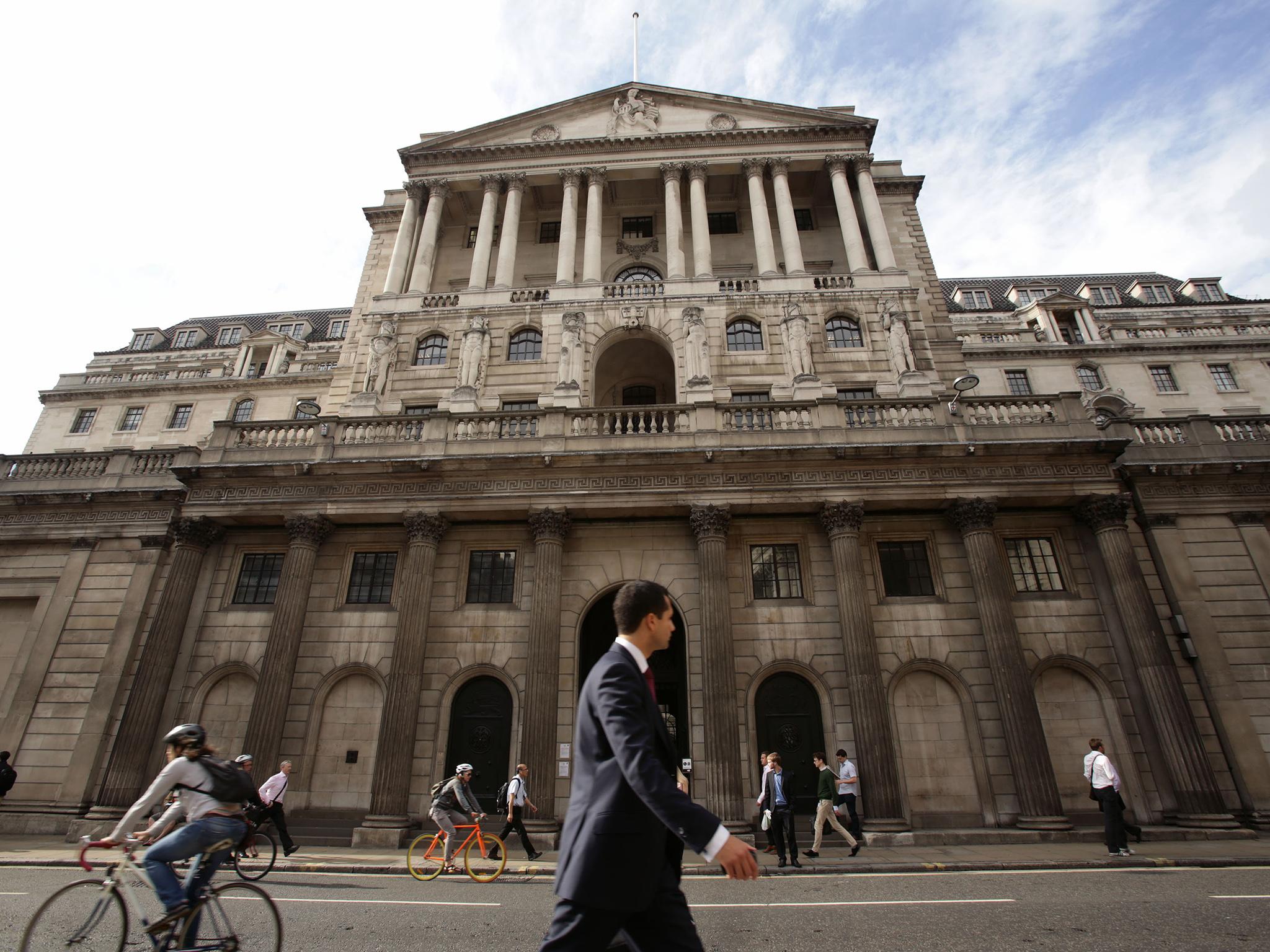Five things to look out for in the economy this week
In the UK, we need to keep an eye out for employment figures on Wednesday, while in the US all eyes are on Janet Yellen's Humphrey-Hawkins testimony to Congress


This is the week when we will get the best feeling yet for the timing of the first rise in UK interest rates since the financial crash that began 10 years ago.
It was in August 2007 that Northern Rock began to be unable to raise the funds it needed on the money markets, leading to the first bank run in Britain for 150 years in September. It is possible we will get the first rise in rates next month, but only if the unemployment and earnings figures on Wednesday show that unemployment is continuing to fall and pay at last to pick up. These labour market statistics are the most important single bit of information that will nudge the monetary policy committee one way or the other when it meets next month.
The great issue facing the Bank of England will be whether the economy has picked up from a slowish start to the year, or whether Brexit fears are depressing growth. If employers are still hiring and if wages are at last responding to a tight labour market, then it may have the confidence to move. If on the other hand Brexit is hitting the economy, then it may have missed the window of opportunity to reverse the cut in rates of a year ago. With hindsight that cut was probably a mistake. In reality a quarter percentage point on interest rates one way or the other has very little impact on the economy, maybe none, but in showbiz terms even a tiny rise in rates would be significant. We won’t know this week but we could have a good clue.
In the US all eyes will be on Janet Yellen, when she gives the twice-yearly Humphrey-Hawkins testimony to Congress on Wednesday and Thursday. This is set-piece stuff and she will be measured as always. But the financial markets will try to deduce from what she says not only the pace of US interest rate increases this year and next but also the Federal Reserve’s thinking about how and when it will start to unwind quantitative easing. In plain English that means how quickly will it begin to unload the mass of US government debt that it took onto its books and might now be sold back onto the market.
We also get US retail sales, inflation and industrial production figures. Is the US economy still firing on all cylinders? Probably yes, and that is important to the rest of us, for the US remains the UK’s largest single export market. After the G20 meeting, with its tensions over US policy on the environment and trade, it is worth remembering that the world’s largest and most inventive economy still matters.
Of the rest, the country most worth watching now is France. A new President, a new cabinet, and new parliament – all the moving parts in place to push through huge reforms. We have just heard from the new finance minister than France can have both tax cuts and lower public spending. We have had reassurance that it will cut its budget deficit, which now looks like turning out slightly higher than the UK’s one. If France really can push through reforms, then it could lift the eurozone more generally. Eyes would then switch to Italy as the other big laggard. Meanwhile, good news for France is good news for Europe.
Join our commenting forum
Join thought-provoking conversations, follow other Independent readers and see their replies
Comments
Bookmark popover
Removed from bookmarks